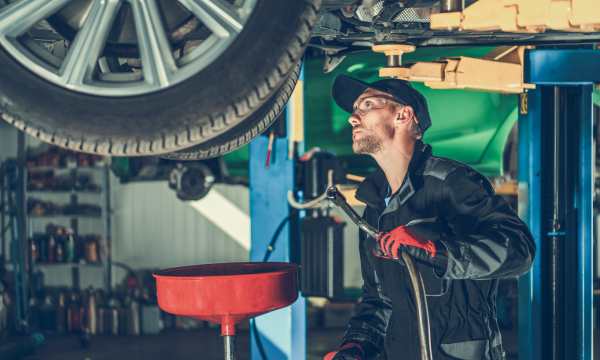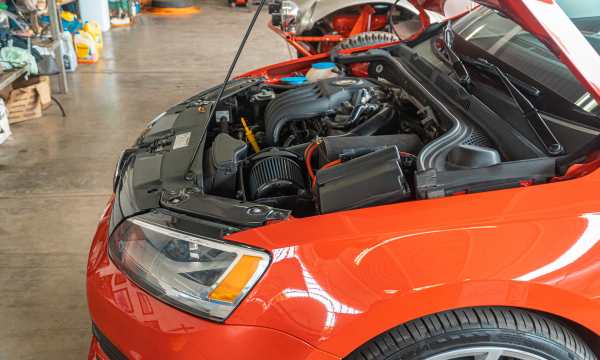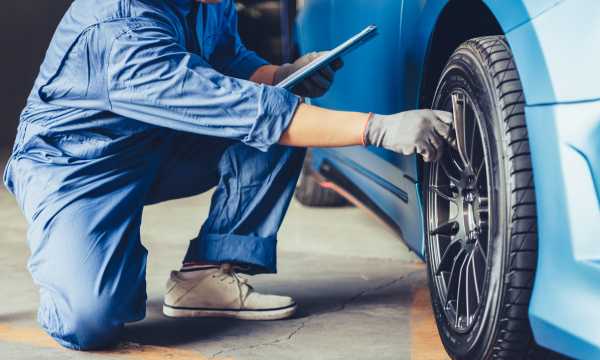Essential Fluid Checks to Keep Your Car Running Smoothly
Maintaining your car is more than just refuelling it and cleaning it regularly. Regularly checking the various fluids in your car is important to keep it running smoothly and to prevent unnecessary breakdowns.
These fluids are very important to the life and longevity of your car. This article discusses the important fluids that you should check regularly to keep your car in good condition.
Motor Oil Keeps Your Car’s Engine Running:
It is often said that motor oil is the soul of a car. It prevents the moving parts of the engine from rubbing against each other and wearing out. Over time, the oil breaks down and dirt collects, which can damage your engine. It is important to check the oil level monthly and change it according to the manufacturer’s recommendations. Before checking the oil level, make sure your car is on a level surface. Slide the dipstick in, clean it and replace it. To check the oil level, pull the dipstick out again. The dipstick should show oil between the two lines.
Transmission Oil: Ensures Smooth Shifting
Transmission fluid does two things: it lubricates the moving parts of your transmission, and it also acts as hydraulic fluid, allowing you to shift gears. It breaks down over time, just like car oil. If the transmission oil level is too low or too dirty, it can cause shifting problems or even damage. Checking your transmission fluid is a lot like checking your motor oil, although on some cars you may need to rev the engine to get the correct amount. Consult your owner’s guidelines to learn the correct way to do things.
Use Coolant to Keep Your Engine at the Right Temperature:
Antifreeze, also called coolant, is important to keep the engine temperature stable. It flows through the engine and radiator and absorbs heat to prevent the engine from overheating. It also prevents you from freezing in cold places. Regularly check the coolant level in the reservoir and, if necessary, add more coolant suitable for your car. If you open the radiator cap while the engine is still hot, the hot water could seriously burn you.
The Key to Safe Parking is Brake Fluid:
There is a type of hydraulic fluid called brake fluid that transfers the force of your foot on the brake pedal to the brake pads. This is a crucial safety check because contaminated or insufficient brake fluid can cause brake failure. Most brake fluid reservoirs are clear, so you can see how much brake fluid is in them without opening the cap. If the brake fluid level is low or the brake fluid looks dark and dirty, it is time to change the brake fluid.
Power Steering Fluid: Ensures Smooth Steering
Power steering oil makes it easy to turn the steering wheel. Too little power steering fluid can make the steering feel stiff and cause the system to wear out faster. Locate the fluid reservoir (usually marked) and compare the power steering fluid level to the minimum and maximum marks. Add more suitable liquid if necessary.
Windscreen Washer Fluid: Keep Your Eyes Open
Although the engine does not need to be running, windscreen washer fluid is important to maintain visibility. It is used to remove insects, dirt and other items from your windscreen. If you keep the windscreen washer fluid tank full, you always have a good view of the road. To fill your windscreen washer fluid, simply pour the fluid into the reservoir until it reaches the fill line.
Take Care of Your Car’s Lifeline:
Checking and maintaining these fluids regularly can help your car last longer and avoid expensive repairs. Furthermore, this is important for safety because systems such as brakes and steering require these fluids to function properly. With just a few tools and information, you can perform most inspections at home.
But it’s also a good idea to have your car checked by a professional technician from time to time. Not everyone can see potential problems, but a trained professional can. They ensure that your car remains in good condition.
Understanding these important fluids and how to keep them in good condition can help you become a smarter and more responsible driver. Checking the fluids in your car monthly only takes a few minutes, but it will save you a lot of time and effort in the long run.
FAQs:
1. How often should I check the oil in my car’s engine?
Check the oil in your car’s engine at least once a month. However, if you often travel long distances, drive in bad weather, or own an older car, you may want to check it more often. To get a correct measurement, always make sure the car is on a level surface.
2. Can I use more than one brand or type of water in my vehicle?
It is generally not a good idea to put different types or brands of coolant in your car. Mixing can make the coolant less efficient or even damage your engine. Always use the type of coolant specified by your vehicle’s manufacturer.
3. What happens if the brake is not cleaned?
If the brake fluid is not changed, water can build up in the brake fluid. This can cause the braking system to rust, making it less efficient and increasing the braking distance. In the worst case, the brakes may no longer work. Regularly changing the brake fluid is important to ensure the safety of the vehicle.
4. How do I judge whether the grease in the power steering unit needs to be replaced?
If you have trouble driving, hear a whining sound when you turn the steering wheel, or see the fluid level drop, you need to change the fluid in your power steering system. Over time, the fluid can also become dirty and dark. If you see any of these symptoms, it’s time to replace the fluid.
5. Is it possible to clean the windscreen by adding water?
You can temporarily add water to the windscreen washer fluid tank, but this is not a good idea, especially when it is cold outside, as the water can freeze and damage the system. In addition, windscreen washer fluid contains cleaning agents that help remove dirt better than water alone. Always use the correct windscreen washer fluid for the best results and to prevent damage to your car.
 Car Maintenance Tips
Car Maintenance Tips
Discover essential car maintenance tips to keep your vehicle running smoothly and efficiently. 1. Introduction Regular car […]
More Seasonal Car Maintenance Tips for Year-Round Performance
Seasonal Car Maintenance Tips for Year-Round Performance
Maintaining your car is important to ensure that it lasts as long as possible, remains safe and […]
More Top 5 Essential Car Maintenance Tasks Every Beginner Should Know
Top 5 Essential Car Maintenance Tasks Every Beginner Should Know
For beginners, it can be difficult to find your way around the field of car repair. That […]
More